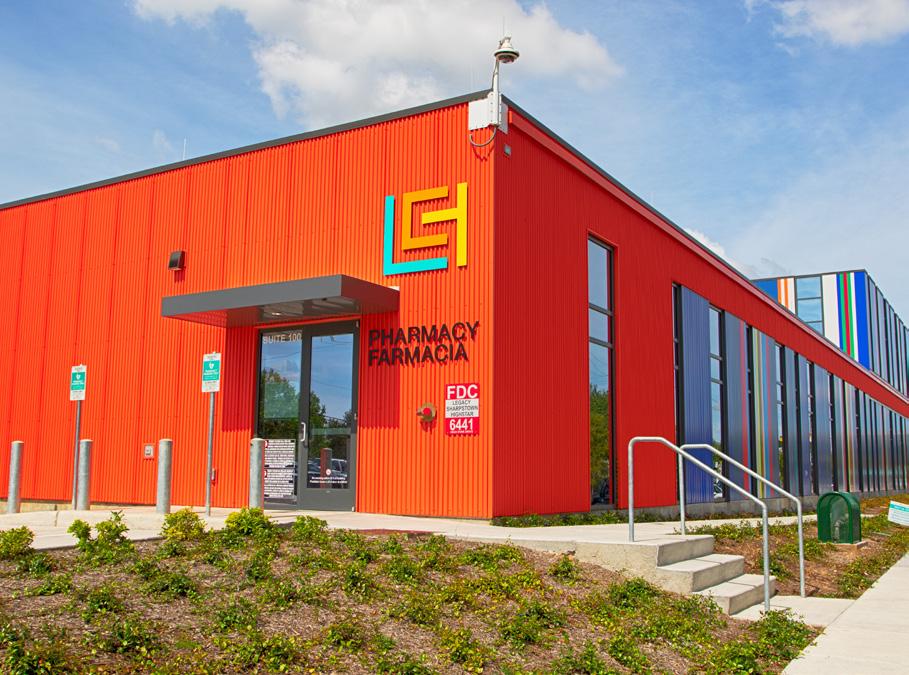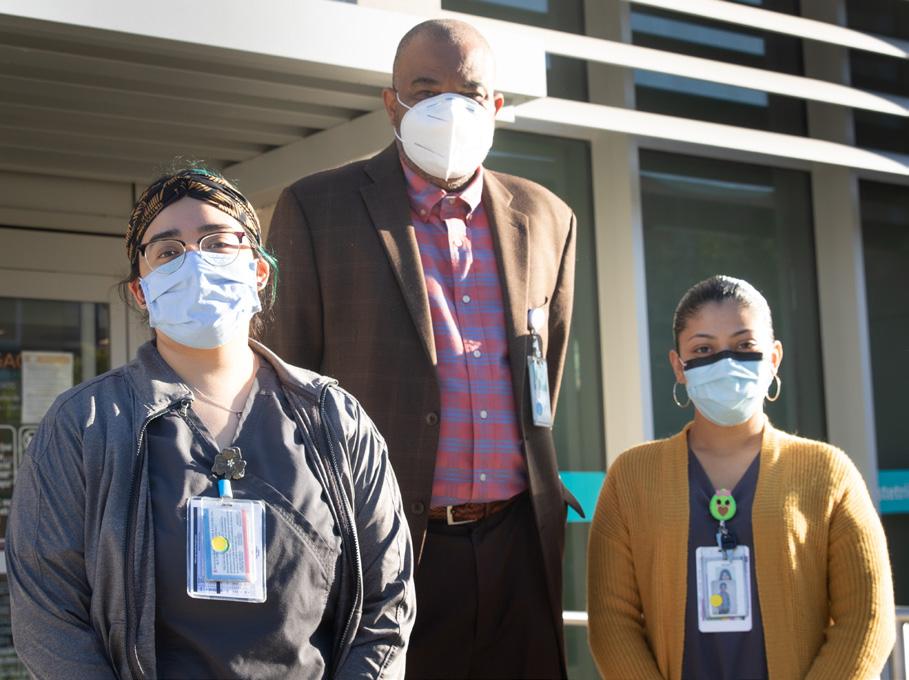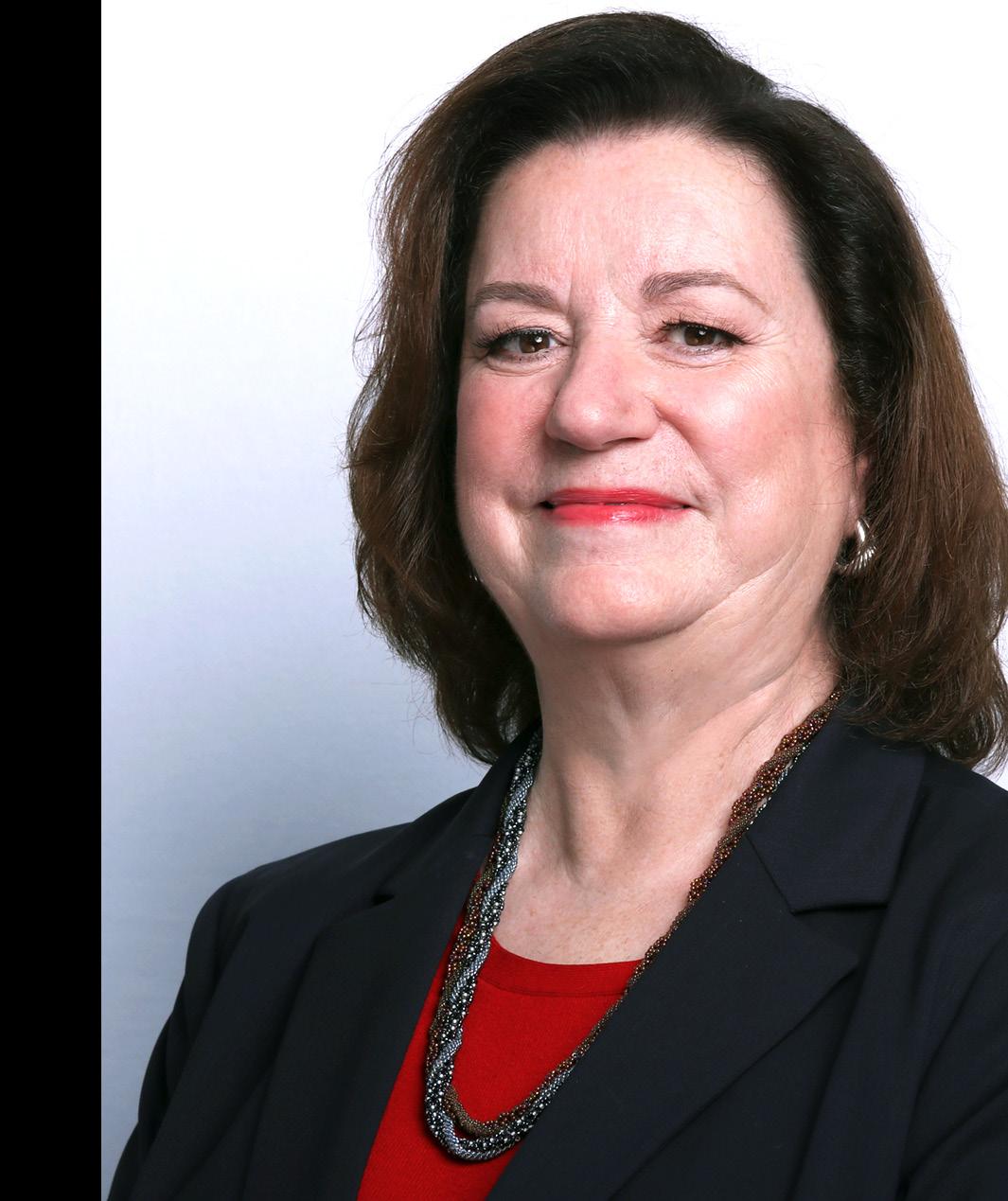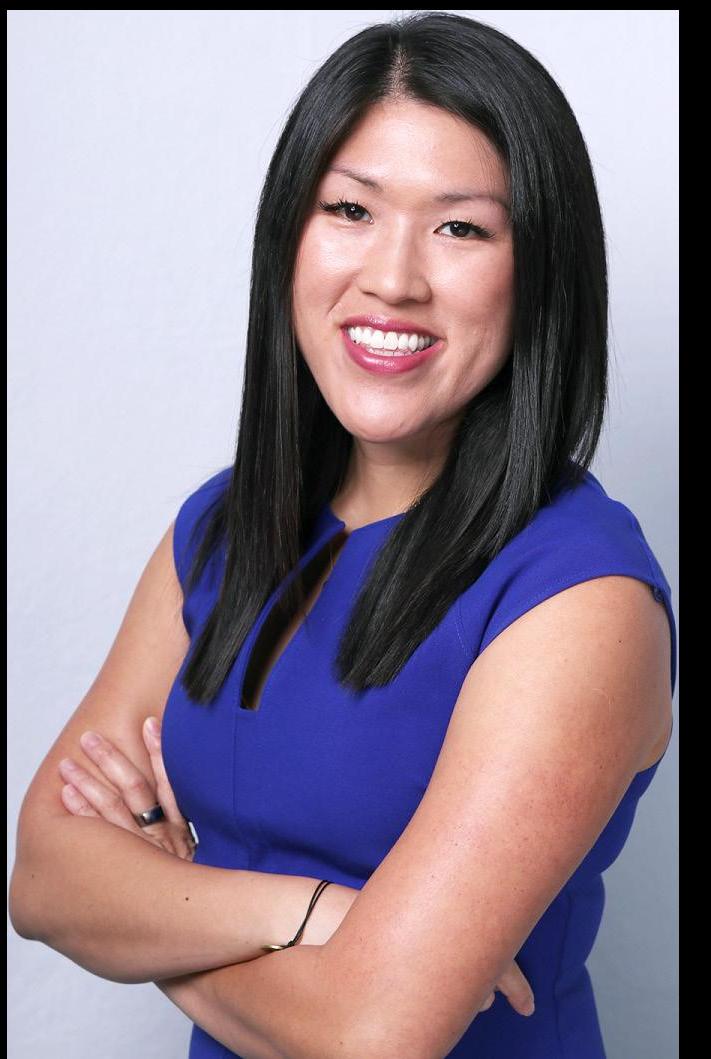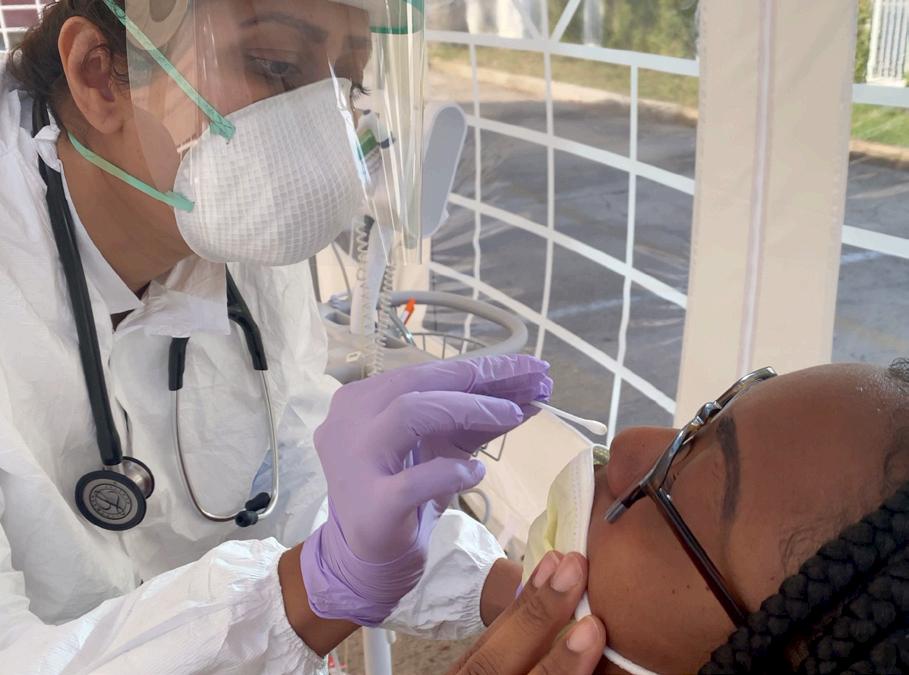
4 minute read
Our Community Impact
MANAGING CHRONIC CONDITIONS
Since opening in 2017, Legacy Pharmacies have provided free walk-in blood pressure and diabetes screenings and health coaching. In 2019, Legacy’s Adult Medicine, Pharmacy, and Public Health teams worked together to launch a new program to help hypertensive diabetic patients better care for CHRON� themselves. Through the program, Patient Educators teach patients how to manage their conditions and provide them with a blood pressure cuff to self-monitor their blood IC CON� DI� pressure and Pharmacists work with patients to adjust medications.TIONS
Advertisement
PRENATAL & POSTPARTUM SUPPORT
In 2020, Legacy’s Public Health team made its popular prenatal education program, Becoming a Mom, virtual so expectant parents could learn how to have healthy pregnancies and deliveries and better care for newborns from the safety of their homes. The team also successfully piloted its Postpartum Navigation Program (PNP) to provide high-risk expectant moms with intensive support in making and keeping appointments beginning in the third trimester, continuing through delivery INFANT and postpartum. The program is in place at Legacy’s East End, Fifth MOR� Ward and Montrose clinics with more locations planned.TALITY
ACCESS TO MENTAL HEALTH CARE
Legacy has worked tirelessly to make sure behavioral health resources are available to patients whose mental health has been affected during the COVID-19 pandemic. Within weeks of the onset of the pandemic in the area, telepsychiatry, telepsychology and teletherapy services were launched and have continued to be available to established and new patients. In fiscal year 2020, over 38,322 adult and pediatric mental health appointments were completed via telemedicine. Legacy therapy groups also continue meeting through Zoom video calls, reducing MENTAL any transportation barriers and decreasing the risk of exposure to the disease while ensuring access to mental health services for those in need.HEALTH
SOCIAL DETERMINANTS OF HEALTH PROGRAMS
Since its creation in 2018, Legacy’s Social Determinates of Health (SDOH) program has screened for and addressed the environmental and societal issues that affect patients’ health outcomes. This is a holistic, proven approach that provides everyone the opportunity to attain the highest level of health. At the center of the program are the Health Advocates. Health Advocates are community members who are recruited and trained to screen patients to determine medical and social wellness needs including access to food, stable housing, transportation and financial resources. This year, 90 Advocates screened close to 10,000 patients and managed a caseload of 1,662 patients to connect to services located in their communities. Thirty-two percent of patients reported the need for assistance and 58% have enrolled in case management to get help addressing their needs.SDOH
HIV TESTING, PREVENTION & TREATMENT SERVICES
In 2019, Legacy expanded the number of locations that offer free HIV testing from four to nine, added Patient Educators at each site to provide education and support, and began offering same-day PrEP, the once-daily pill to prevent HIV. These combined efforts made it more convenient for community members to access HIV testing, prevention and treatment in a supportive environment. At the onset of the COVID-19 pandemic, Legacy’s Public Health team noticed a trend in people living with HIV who were falling out of care. The team implemented an intensive and ongoing outreach initiative that re-linked more than 700 HIV patients back into care between March and July 2020. HIV
PATIENT-CENTERED MEDICAL HOME
Legacy maintained its Patient-Centered Medical Home (PCMH) recognition from the National Committee for Quality Assurance. PCMH is a primary care model with the triple aim of better patient health, better care and lower costs.PCMH
LAKIN SCHNEIDER
GENDER CARE PATIENT
Lakin Schneider needed another professional opinion—his doctor simply wasn’t providing the care he needed. He knew he had to change providers for the sake of his own health. It was then that a friend turned Schneider on to Legacy Community Health, where they knew Schneider could find competent gender care. Five years later, he couldn’t be happier.
Schneider had spent two years with a provider in Houston working on his hormones. For the two years he saw this provider, he never had his blood drawn. “He refused to order blood work,” Schneider said. “That felt wrong.” On the hunt for a new provider, the East Texas resident was directed to Legacy Community Health’s Central Beaumont clinic by a friend, where he met Dr. Pamela St. Amand, revered in her field for her care of transgender patients. It didn’t hurt that the Beaumont location was a much closer drive than his former provider in Houston. “Dr. St. Amand really cares,” Schneider said. “She’s not ushering you in and out of her office. She cares about your life, not just the issue you’re there to talk about. She’s personable, and I’ve seen her at community events for the LGBTQ+ community outside of her capacity at Legacy, too. You know she cares.” Schneider knows the value of being recognized as more than a number on a medical file; so much so that he transferred all of his health care to Legacy, not just his hormone therapy. He credits not only Dr. St. Amand, but the frontline staff, too. Accessing health care as a member of the LGBTQ+ community, especially as a transgender person, can be an uphill battle if the clinic staff is not respectful of your name, your pronouns and your life. “This is a nonissue at Legacy,” Schneider said. Since transferring his care to Legacy Central Beaumont, he has never experienced dead-naming (the use of the birth or other former name of a transgender or non-binary person without their consent), improper pronouns, or the disrespect occasionally reported by LGBTQ+ individuals in health care settings. “You’ll be comfortable here,” Schneider said. “Anyone involved with Dr. St. Amand is great, all the way down to the individuals scheduling your appointments. You’re in good hands.”


